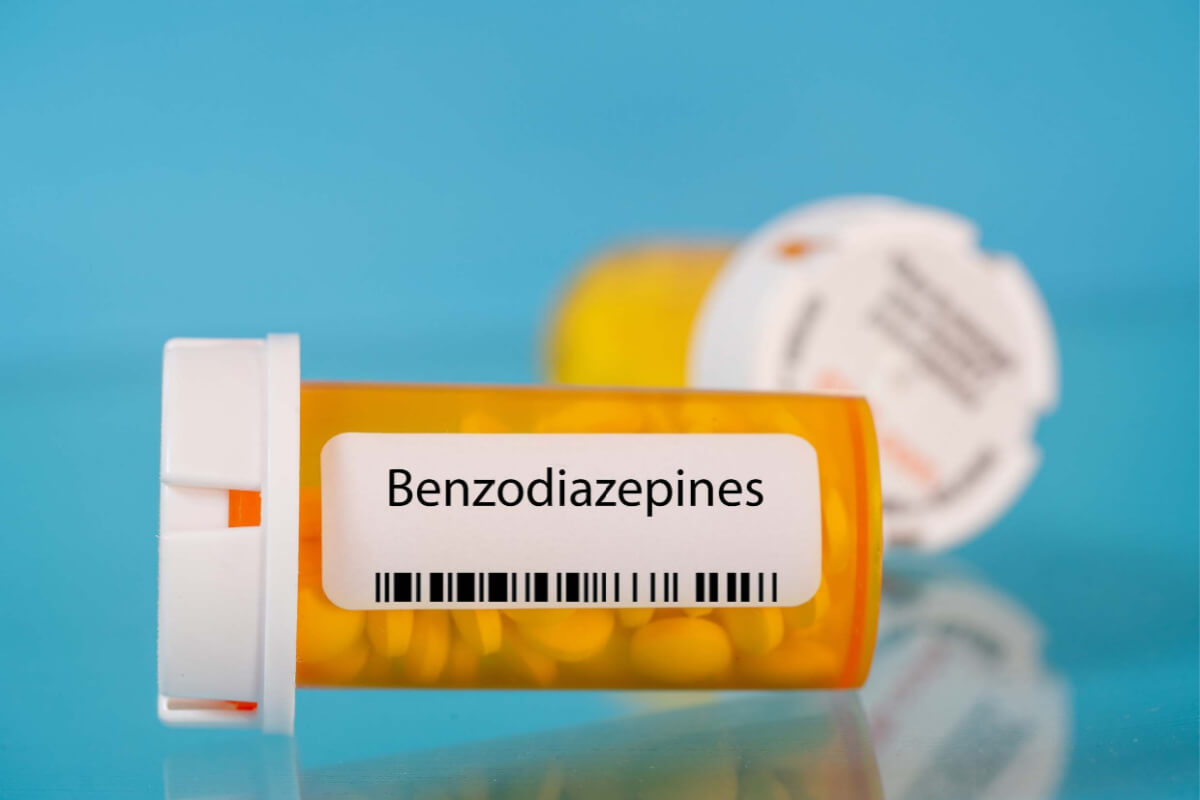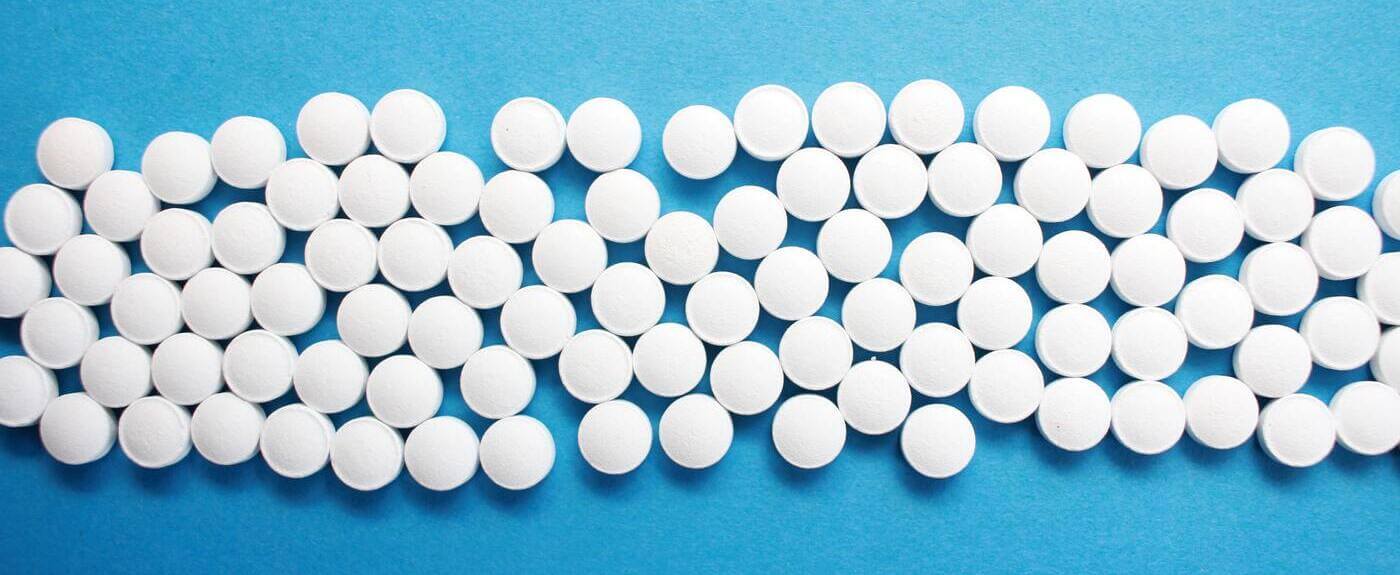
“High-functioning” is a colloquial term, not a medical term. It is used to describe drug users who do not have obvious impairments in their daily functioning as a result of drug use. These individuals are able to function in their day-to-day life in such a way that it isn’t obvious they have a problem. They’re an important reminder that someone “doing well” can still have issues with drug use or other addictive behaviors.
What Is a High-Functioning Addict?
A high-functioning addict is a term sometimes used to refer to individuals who use drugs or have some other addictive behavior but still remain largely able to function in their day-to-day lives. [1]
However, the reality is that a substance use disorder doesn’t always dramatically impact a person’s ability to function, at least for a period of months or even years. If a person drinks heavily at night every day but is able to work a full-time afternoon job, they could still have an alcohol use disorder.
This slow deterioration is why some experts argue that high-functioning addict is a misleading term, with some proposing different terms, such as currently functioning addict to replace it.[1] Just because someone is able to function at the current time doesn’t mean they aren’t at high risk of decompensating. In fact, many do eventually.
Signs of a “High-Functioning” Drug user
The idea of high-functioning drug addiction isn’t a well-studied subject. It’s worth noting the individuals who fall under this umbrella won’t all show the same signs of a problem. In fact, it is often very difficult to recognize the signs of addiction in someone able to function relatively normally in their day-to-day life unless you know them well or are with them in intimate settings. [2]
Many high-functioning addicts are also in denial about their SUD, which can further complicate the matter. They can view continued success and stable professional and personal relationships as a sign that their drug use is not a problem.
With that said, a person with any type of SUD is still likely to show some of the common warning signs of addiction, which include the following:[3]
- Unusual, unnecessary risk-taking behaviors, including driving drunk or having unprotected sex
- Neglecting important responsibilities
- Legal trouble, especially relating to disorderly conduct or driving under the influence
- Lower performance and/or attendance at school or work
- Acting secretive or “cagey”
- Sudden changes to habits, hobbies, friends, and/or hangouts
- Changes in personality, including these:
- Mood swings
- Angry outbursts
- “Spacing out”
- High levels of unexplained anxiety or paranoia
- Physical symptoms relating to drug use, including these:
- Bloodshot eyes
- Larger or smaller pupils than normal
- Unusual smells on breath, body, or clothing
- Changes to a person’s coordination and speech
- Poor personal hygiene or self care
Diagnosing SUD in a High-Functioning Individual
Diagnosing a substance use disorder (SUD), formerly called addiction, is complicated, and may be largely semantics. The definition of a substance use disorder involves a certain degree of impairment in a person’s ability to function or quality of life. Particularly in a “high functioning” individual, these impairments can be subtle: perhaps they are just fighting more with a spouse or less available for their children, even though they are still getting up and going to work on time. It could be argued that these subtle changes are still a sign of impaired function. Thus, definitions may be more limiting than they are helpful. The bottle line is that substance use, even in “high functioning” individuals, puts a person at risk for future complications or decompensation, and should be taken seriously.
If you notice signs of potentially problematic drug use, including alcohol use, in a loved one, don’t let the fact that they are “high functioning” be a reason to delay a conversation about their substance use.
Treatment for “High-Functioning” patients
As long as a person can admit they may have a problem with drugs and is willing to seek treatment, a high-functioning addiction can be treated much like any other addiction. At its core, this type of addiction is the same as any other substance use disorder. In this case, however, the person with the addiction has developed strategies, deliberately or not, that allow them to continue living a somewhat normal life outside their drug use.
“High functioning” individuals may equally benefit from treatment for SUD, particularly before their SUD becomes a serious problem.
Recovery Is Always Possible: What’s the Best Path?
There is no single “best path” for addiction recovery. Instead, what’s important is that a person’s addiction recovery plan involves use of evidence-based treatment. The exact form their treatment takes will depend on the drug or drugs they’re using, the severity of their SUD, and their life circumstances.
Most addiction treatment plans involve some form (or multiple forms) of psychotherapy.[4] The most common being cognitive behavioral therapy (CBT).
CBT involves talking with a mental health expert regularly, so you can better understand your own mind and the way you think.[5] You work to identify what type of thinking may lead to impulses to use drugs. Then, you learn coping skills to help you deal with those thoughts with behaviors other than drug use.
CBT is often combined with medications, such as in programs that use Medication for Addiction Treatment (MAT). There are MAT for both alcohol and opioid use disorders that are highly efficacious and available by prescription from a licensed professional. Talk to your doctor or an addiction treatment professional if you think MAT might be right for you.

By Elena Hill, MD, MPH
Elena Hill, MD; MPH received her MD and Masters of Public Health degrees at Tufts Medical School and completed her family medicine residency at Boston Medical Center. She is currently an attending physician at Bronxcare Health Systems in the Bronx, NY where ... Read More
- “High-Functioning Addicts”: Intervening Before Trouble Hits. CMAJ. https://www.ncbi.nlm.nih.gov/pmc/articles/PMC3883816/. January 2014. Accessed January 2023.
- What Does Addiction Look Like? A High Functioning Addict Shares His Story. City Life. https://www.phillymag.com/sponsor-content/high-functioning-addiction/. Accessed January 2023.
- Warning Signs of Drug Abuse. Department of Mental Health & Substance Abuse Services. https://www.tn.gov/behavioral-health/substance-abuse-services/treatment---recovery/treatment---recovery/prescription-for-success/warning-signs-of-drug-abuse.html. Accessed January 2023.
- A Review of Research-Supported Group Treatments for Drug Use Disorders. Substance Abuse Treatment, Prevention, and Policy. https://substanceabusepolicy.biomedcentral.com/articles/10.1186/s13011-021-00371-0. June 2021. Accessed January 2023.
- Cognitive-Behavioral Therapy for Substance Use Disorders. Psychiatric Clinics of North America. https://www.ncbi.nlm.nih.gov/pmc/articles/PMC2897895/. September 2011. Accessed January 2023.
Download Our Free Program Guide
Learn about our program, its effectiveness and what to expect
Related articles
Imagine what’s possible on the other side of opioid use disorder.
Our science-backed approach boasts 95% of patients reporting no withdrawal symptoms at 7 days. We can help you achieve easier days and a happier future.









